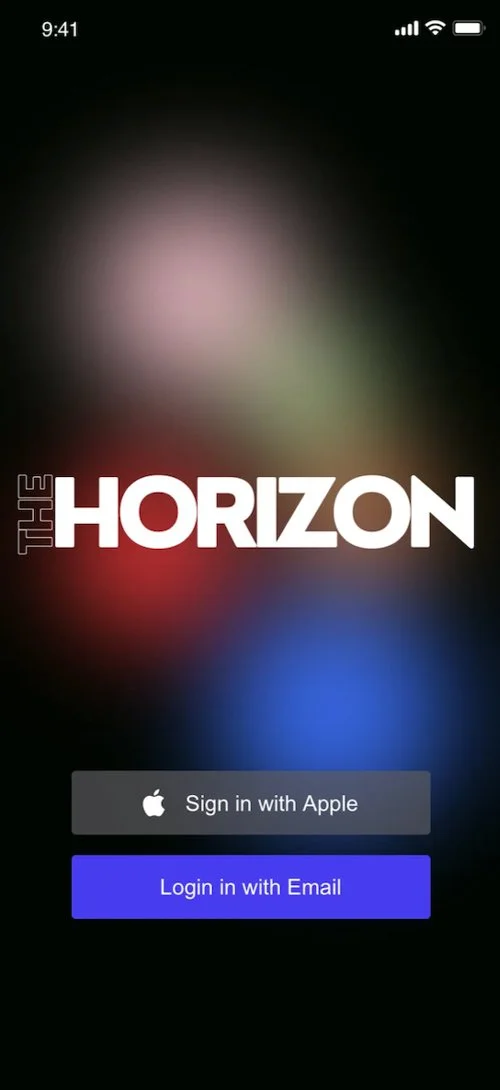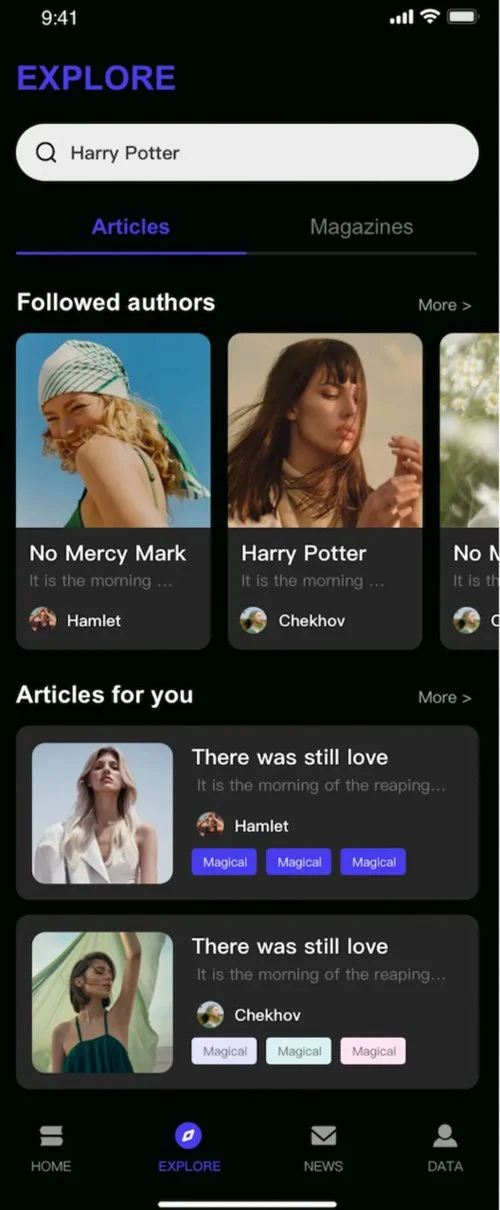Leo Chen
2025 Youth Climate Activism Award - Essay Entry
Leo is a 17 year old from British Columbia.
Leo being presented his award certificate by his guidance counsellor Sharon Starr (left) and his principal Janine Close (right).
Youth are here—and we're not waiting.
Photo of Leo Chen courtesy Art Of Our Community website.
I still recall printing out the first editions of Horizon Monthly on a printer borrowed from another person, past midnight, as my friends carefully hand-flipped pages for me. We envisioned disseminating words that had weight—voices of youth to bring about change in climate, culture, and justice. Today, we've mailed over 4,000 copies, have spread out in 15+ chapters around the globe, and influenced over 240,000 young people. But as we printed with each page, I also had the contradiction within me: how do we sustain and create waste?
So we did something different.
Working around the clock with our team, we’ve launched The Horizon App—a digital platform to reduce our printing footprint while amplifying youth journalism on climate, equity, and sustainability. We’re still in the demo phase, but already we’ve opened opportunities for 70+ youth magazines and storytelling collectives around the world. These are students who never had a platform—and now, they’re shaping the climate narrative themselves. (Leo was kind enough to share a couple of screenshots of the app. How beautiful!).
And I’m not stopping there…
Photo courtey @delusionaling IG
Image courtesy of @ypsforum IG
This year, I organized a side event for the UN ECOSOC Youth Forum on behalf of the Permanent Mission of Senegal to the UN. I addressed ambassadors, young delegates, and civil society leaders—not as an expert, but as a young person who believes in young people. My message was uncomplicated: youth isn't the future—we are the now. We initiated the discussion on sustainable education, investment in youth leadership, and actionable climate policy. And this is only the beginning. We’re already planning more events—more spaces where youth can engage, lead, and be heard.
My inspiration? Migration. Leaving one environment and adapting to another made me realize that clean air, green parks, and security are luxuries—not certainties. I notice the difference in the communities I've traveled to and worked in. Where I reside now in BC, we are fortunate. And so, we bear the burden. To save our world for the next generation. To give others what we tend to take for granted.
To follow this mural project stay tuned on the Art of Our Community web page. Photo courtesy AOOC website.
I am motivated by the young people I work with—from RCMP youth advisors who address community safety, to young artists who paint murals that illustrate climate hope through the Art of Our Community Foundation. We generated $10,500 in one year for our initiatives. That was not fundraising—it was fuel for young people's dreams.
This is hard work. But it's also rich in moments of brilliance: bookmarks printed out for libraries that cause argument; classrooms buzzing as young people debate green policy; the quiet satisfaction of a publication going live. It's those day-to-day actions—small, incremental, and communal—that change the climate narrative.
To all of you who are reading this: we're counting on you.
Not just to speak, but to do.
To build.
To be leaders.
The climate crisis is real, but so is the passion of the youth. I've seen it—here in New York, in Vancouver, and in all the towns where a student stands up and says: we can do better.
“ We're not asking for permission. We're building the future—together.”
~Leo Chen
As part of the submissions application we asked participants to answer these 3 questions in addition to their essay or video.
What future goals do you have around your environmental and climate work, and do you have any future projects in mind?
One of my main goals is to build sustainable and creative spaces for youth to explore climate action through media, storytelling, and entrepreneurship. With Horizon Publications, we’re currently working on expanding our Global Special Edition, which highlights youth-led stories and solutions related to climate and sustainability. We plan to host community-organized fairs in Vancouver and New York to showcase this work—gathering student writers, artists, and local small business owners to share ideas on climate justice, green careers, and affordable education.
The goal is not just to raise awareness but to create channels—like mini internships, publishing phases, or small business booths—where young people are actively involved in climate work. These fairs would also provide a platform to give the Special Edition to more individuals and make more young people participate.
Through Youth Publications and Socioeconomic Forum, I have attempted to bridge young people to UN arenas for policy action. Now, I want to bring those lessons back home—institutionalizing community activities which are feasible, innovative, and guided by the realities of the young. Given we have access to funds, we might give stipends, printing capacity, and microgrants for young climate writers—something ongoing which builds one issue into an issue or beyond a single event.
If you could share one message of hope for your community, what would it be? Briefly explain why you would choose this message.
My message was simple: Youth is here.
I spoke these words at the ECOSOC Youth Forum and Civil Society Forum to ambassadors and UN dignitaries—not as a slogan, but as a reminder. Young people are not lingering on the sidelines; we are leading, organizing, and creating. We are already changing the world through our art, businesses, activism, and care for community.
This message matters because it recognizes youth not just as future leaders, but as present leaders. It's a message that urges us to be brought to the table today—in policy-making around climate change, in planning for sustainability, and in building a more just world.
I've seen firsthand how youth-led projects—whether in journalism, community arts, or activism—can move the needle on climate justice. When you give us the space, we show up. We care. We innovate. We act. That's why I have so much confidence in this message.
Who or what inspires you to work on climate change?
I take my inspiration from migration—traveling between one world and another, and observing how unevenly clean air, safe water, and livable communities are distributed. Here I am, we're fortunate to have cleaner air and more infrastructure. That's a privilege I don't take for granted. It's also a responsibility—to make it possible for others to have the same, and to leave it intact for those who come next.
Climate change affects people differently, often depending on where they are born. I’ve met youth at the United Nations and through my projects who live with flooding, wildfires, and pollution every day. Their stories fuel my work. They’re not just “Victims of Climate Change”—they’re organizers, artists, and innovators with solutions.
I’m also inspired by the idealism of people like John Lennon—who believed in a world that could exist, even if it doesn’t yet. That kind of vision keeps me going: imagining a planet that is fair, sustainable, and shared.
With every project that I arrange—a youth forum or a magazine—I try to leave space for others to dream and act too. Because we don't need just awareness. We need hope along with action, and idealism based on real change.






